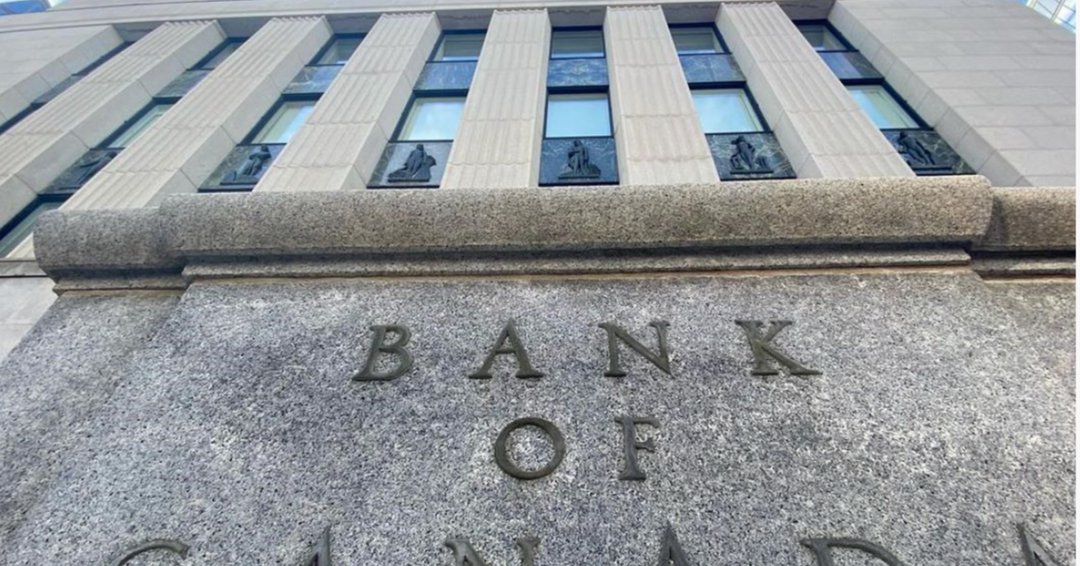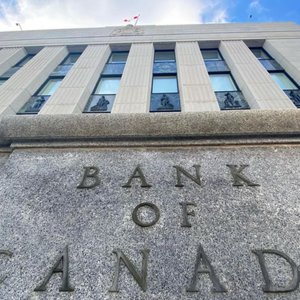
Toronto's Real Estate Market is not in bubble wrap, confirms the Bank of Canada
To all who were aiming to buy a house in Toronto and were waiting in hope that the real estate market ’bubble’ would soon burst, you may be waiting for quite a while. In spite of a tepid decline in the first couple of months of the COVID-19 public health crisis, Toronto has been winging its way ever since. The word “bubble” has been widely mentioned by the media when reporting on the red-hot Canadian real estate market. For a market to be considered in a bubble, it needs to appear in the index's "yellow zone." Prior to the pandemic, Toronto’s housing market was in a red zone which meant it was a “breezy market” but based on the Bank of Canada's recent index, it didn't make the cut.
Confirmation by Bank of Canada
In March 2021, Bank of Canada officials wrote that national resales reached all-time highs and house price growth surpassed its previous peak and also added strong demand that the desire for more space and limited supply have scaled prices upwards. The Bank of Canada has recently released its House Price Exuberance Index (HPEI) Indicator for the third quarter of last year. Now, how does it work?
Officials have three classifications for the HPEI measurement. Anything that surpasses 1.0 denotes the city’s housing market is exuberant and appears to be red on the chart. When the HPEI is between 0.95 and 1.00, a bubble will potentially form and appear in yellow colour. If the HPEI is below 0.95, it depicts no signs of exuberance and will appear in green. Prior to the pandemic, the Toronto housing market’s HPEI was above 1.00 i.e in the red zone. In the post-crisis housing sector, Toronto did not make the list of exuberant markets.
In its analytical note, the institution wrote that the Canadian housing market has been extremely strong during the COVID-19 pandemic. By March 2021, national resales reached all-time highs and house price growth broke its previous peak. Constant periods of rapid growth in house prices can frame the expectation that prices will continue to increase, even if economic fundamentals cannot support these increases. Concluding expectations like this can become self-fulfilling when the prospect of higher prices in the future raises housing demand today.
Now a question arises whether this is an accurate representation of the Canadian real estate market or not? Many homebuyers would suggest that frothy valuations are not met in detached, semi-detached, townhome and condominium units, particularly over the last 18 months. Although it should be noted that the Federal Reserve’s Exuberance Index, which is comparable to its Canadian counterpart, considers Canada’s real estate industry to be breezy and situated in a bubble.
Can we expect a slow-down in Toronto House Market?
In an answer to this, the market fundamentals suggest ‘no’. As per the Toronto Regional Real Estate Board, residential property sales pushed up 28 per cent in 2021, buoyed by record demand and notably low inventories. The highly compact market led to an average selling price of $1.095 million last year, up from the previous 2020 all-time high of $929,636.
In a news release TRREB President Kevin Crigger stated that in spite of the continuing waves of COVID-19, demand for ownership housing had gone through a record pace in 2021. Economic extensions in many sectors supported job creation, especially in positions supporting above-average earnings. The fact that borrowing costs remained extremely low was further heightened to this. These aspects not only supported a continuation in demand for ground-oriented homes but also a renewal in the condo segment as well.
A well-known proverb states that “Home is where Heart is”.Home is always a focus for residents and the pandemic period just elevated the depth of this proverb. In a statement,Keith Stewart, a Real Estate Board of Greater Vancouver economist noted that with low-interest rates, more household savings, increased flexible work arrangements, and higher home prices than ever before, Metro Vancouverites, in record numbers, are assessing their housing needs and options. As the interest rates inflation prices will continue to rise thus we can conclude that Canada’s real estate market is in an interesting state, and can predict it could be more difficult to get a mortgage in the near future.








